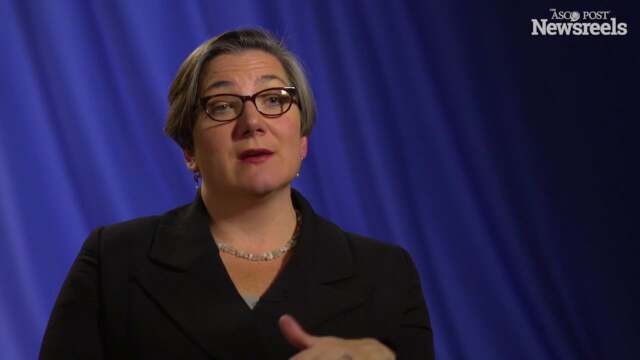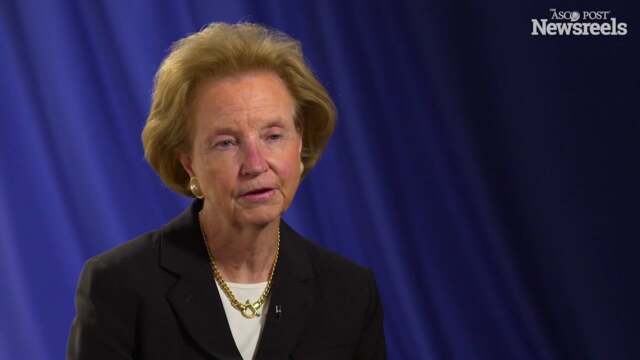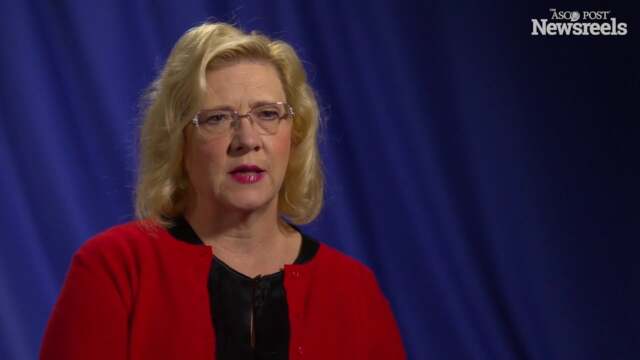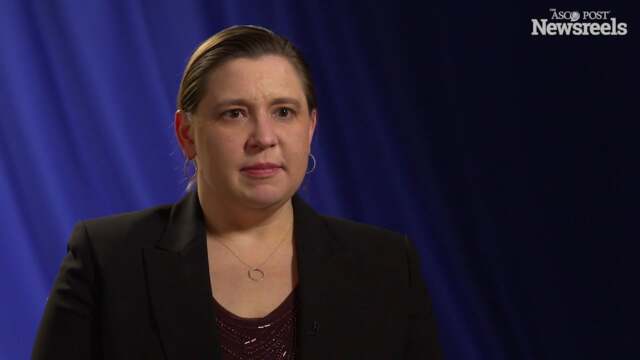Eduardo Bruera, MD, on Cachexia Assessment and Management State of the Art
2015 Palliative Care in Oncology Symposium
Eduardo Bruera, MD, of The University of Texas MD Anderson Cancer Center, discusses exciting developments in the assessment and management of cachexia, as well as a number of emerging pharmacologic and nonpharmacologic interventions (Abstract 67).
Vicki Jackson, MD, MPH
Vicki Jackson, MD, MPH, of Massachusetts General Hospital, summarizes her keynote lecture (plenary talk).
Kathleen Foley, MD
Kathleen Foley, MD, of Memorial Sloan Kettering Cancer Center, discusses the challenges of integrating palliative care in areas without sufficient resources or health-care infrastructure.
Betty Ferrell, PhD, RN
Betty Ferrell, PhD, RN, of City of Hope, discusses two papers that look at an important issue from different perspectives: depression and anxiety among family caregivers of patients with advanced cancer, and the link between oncologists’ dispositional affect and depressive symptoms in their patients with metastatic cancer (Abstracts 224, 214).
Diane Portman, MD
Diane Portman, MD, of Moffitt Cancer Center, discusses clinical pathways that embed palliative care along the spectrum of care for a variety of cancer disease states.
Kathleen Elizabeth Bickel, MD, MPhil
Kathleen Elizabeth Bickel, MD, MPhil, of the White River Junction VA Medical Center, discusses the ASCO/AAHPM Guidance Statement, which will help oncology providers enhance their delivery of palliative care (Abstract 108).





